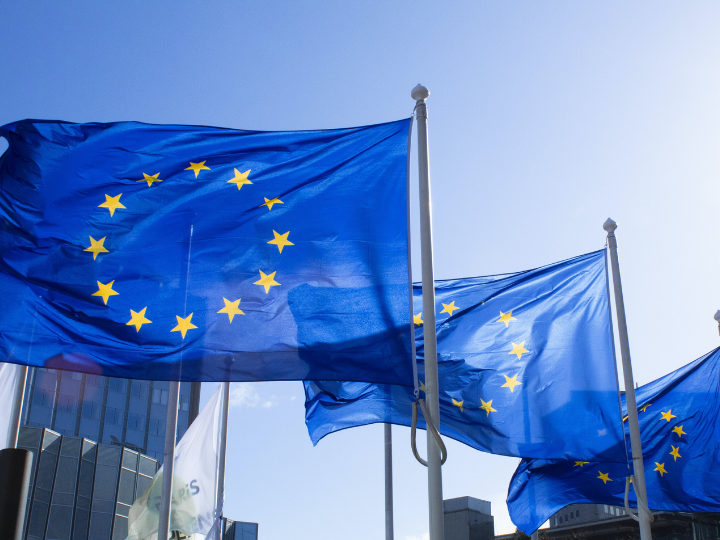Small European firms spend eight times less on research than their US counterparts. Their representatives argue Brussels should take the gap into consideration more effectively in its seven-year blueprint on research and development.
The European Commission is planning to double its research budget to 70 billion euro, in its bid to support a "knowledge-based" economy in the EU and boost its competitiveness.
The programme will include ten main areas on which the research and development, (R&D) budget should concentrate - as for example in sectors such as energy, information technology, health or nano-technology.
Brussels is also keen on urging member states to increase public and private spending on research, as the "Lisbon target" of 3 per cent of GDP per year remains far from being accomplished - with the EU spending 1.93 percent, as compared to the US which invests 2.76 per cent on R&D.
However, representatives of small and medium enterprises (SMEs) argue that the gap between the EU and the US is not so evident when comparing large companies. But the gap is substantial when comparing small firms and their investments in innovation.
The EU should therefore support small firms on increasing their low level of R&D investments and also make this clear in its new framework, according to Hans-Werner Mόller, secretary general of the European association for small and medium business and crafts (UEAPME).
"The Commission must pay more than just lip service to these aims.. and tailor programmes to the needs of small businesses," Mr Mόller said in a statement.
He argues that in the previous R&D framework only 20 per cent of the SME budget was allocated to smaller scale projects which are more accessible and relevant for SMEs.
Mr Mόller also points out that the Commission is preoccupied mainly about the funding of high-tech projects, which represent only a tiny proportion of small and medium firms' activity.
Finally, SMEs are calling on the Commission to simplify the "onerous" administration involved in submitting a proposal for projects to be funded by the EU, important mainly for small enterprises with limited resources.




 By: N. Peter Kramer
By: N. Peter Kramer

